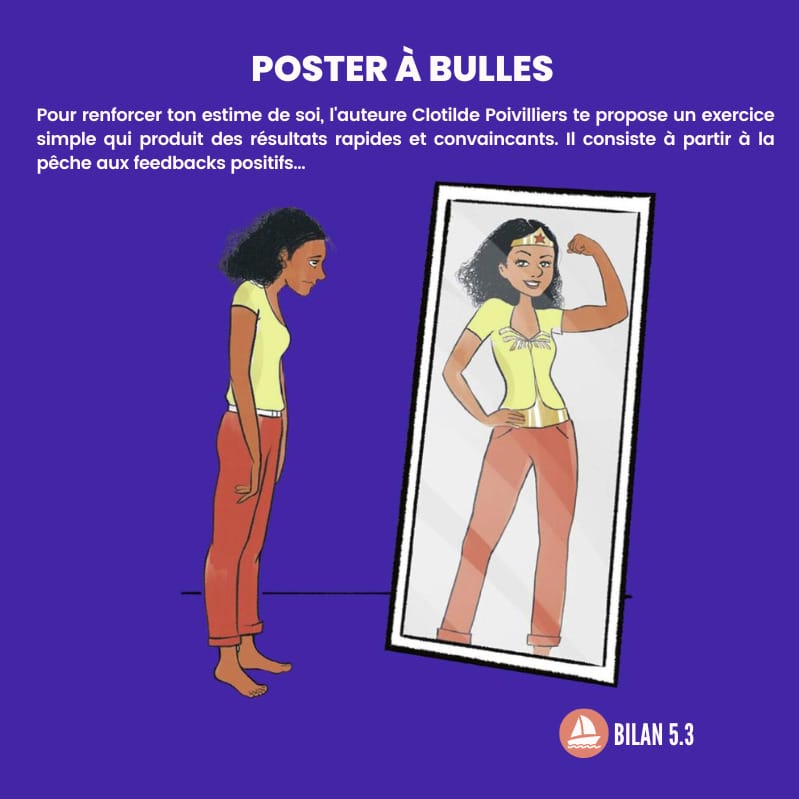Do you tend to forget yourself, are you more concerned about those around you or your spouse than about yourself, and your self-esteem depends largely on the judgment of others? You are probably suffering from affective codependency. It can also relate to romantic, friendly or professional relationships.
This still little known affective disorder is manifested by the idea of needing the other to need you. While few people view this disorder as a dangerous addiction, it can lead to unhealthy or dysfunctional relationships. It’s not just about being inseparable. In a co-dependent relationship, one of the two partners will try to set themselves up as the savior of the other. This person sacrifices his interests and even his own person in order to be loved and recognized. But trying to control reactions or the feelings or reactions of the other is a way for the codependent person to control their own.
Even if it seems benevolent and may appear under the guise of tolerance or consideration, this codependency always induces a concept of control. Unconsciously, the co-dependent person maintains the other’s discomfort in order to continue to value themselves.
Where does codependency come from?
A co-dependent person has often experienced difficult situations in his childhood, especially in his family home (divorce, separation, bereavement…) The child then becomes convinced that he can repair his family cocoon. And this disorder remains as it grows: the co-dependent person feels the only one capable of soothing the discomfort of those close to them.
Unconsciously, the co-dependent adult will be attracted to personalities in distress, sick or suffering from addiction problems (alcoholism, drug addiction, etc.).
How to get out of a co-dependent relationship?
Co-dependency is a real emotional problem that should not be taken lightly and professional help may be needed to recover from it. Thanks to a couples therapy – or group in the case of friendly or professional co-dependent relationships – you can relearn how to take care of yourself and communicate your needs to others.
Read also:
- Couple: one earns more than the other, so what?
- Living with a younger man or woman: what does it change?
- Savior syndrome: how to get rid of it?




















